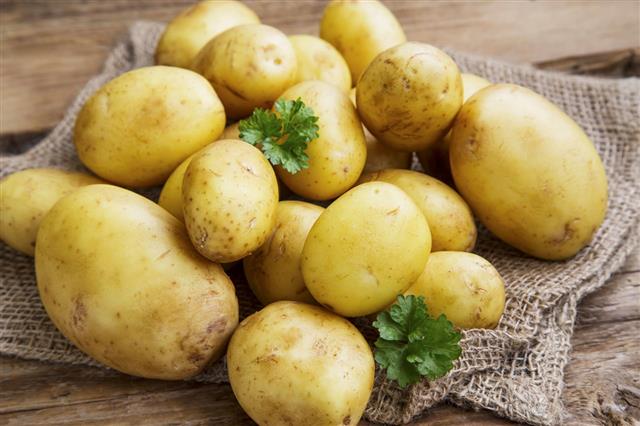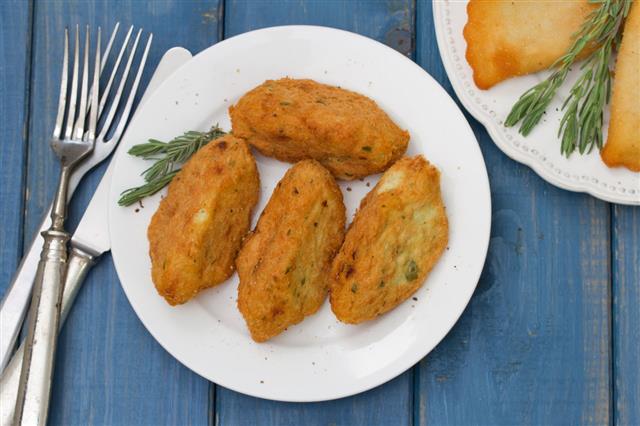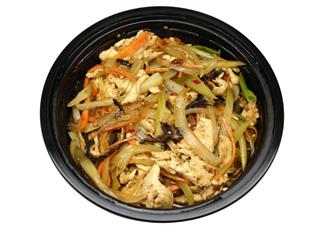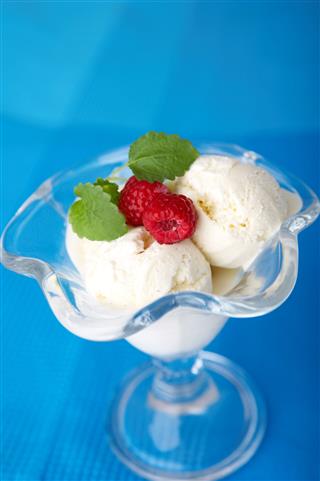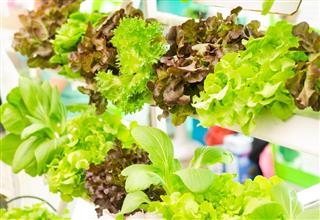
In the US, nearly 1 million people suffer from interstitial cystitis (painful bladder syndrome). Diets play a crucial role in controlling and effectively treating this syndrome. Read on to know more.
A healthy diet is essential for patients of interstitial cystitis. The most important step in controlling this disease is to avoid foodstuffs that are unhealthy. A combination of healthy diet and proper medication can effectively treat this syndrome. After we know in brief about this syndrome, we will learn more about what foods to avoid and eat during the treatment of this ailment.
An Overview
Interstitial cystitis painful bladder syndrome (ICPBS) is an ailment that affects the urinary bladder. A person suffering from it, feels the urge to urinate frequently and experiences pain in the urinary bladder at the time of urination. Sometimes, pain extends to the pelvic region and patients may encounter difficulties in traveling, driving or doing daily work. Most of the patients suffering this disorder also have ulcers in their stomachs. Pain in the bladder may vary in degree or intensity as the bladder fills and empties the urine. Generally, females are more affected by it than males, though recently there has been a rise in the number of males suffering from this condition. All cases of urinary disorder (except that of kidney stones and infections) are categorized under ICPBS.
Foods to Avoid
A patient suffering from this syndrome must strictly avoid the following:
Coffee and Tea
Mostly, our days begin with a cup of coffee or tea. Though, both form a traditional drink for our light morning and evening meals, they are harmful for patients. The fact is that both coffee and tea have high acidic levels, that are harmful for the bladder. Besides this, the presence of caffeine is also a reason to avoid both of them. Green tea, iced tea and various other types of tea, may also cause potential damage to the bladder, so it’s better to avoid their consumption. Even if one is desperate for a cup of tea or coffee, it is advisable to go for plain herbal tea or low acidic coffee.
Fruit Juices and Vitamins
Can fruit juices ever be harmful? Well, unfortunately they are harmful for a patient. Fruits such as oranges, lemons or tomatoes, having high acidic contents, are not advised for such patients. Certain vitamins, such as ascorbic acid or vitamin C are high in acidic levels, so they must also be avoided. This absolutely does not mean that a patient suffering from this syndrome can’t have fruit juices. One can have fruit juices, that have low acid content.
Chocolates and Sweeteners
For ardent chocolate lovers, I have some bad news. According to a study, chocolates with rich content of artificial sweeteners, can lead to bladder irritation. It is best to avoid chocolates when being treated for this health problem.
Diet
Diet in these cases is a combination of light meals and eatables, that provide energy to the body and they also prevent the bladder from inflammation.
Meat, Fish and Poultry
Beef, chicken, fish and other meat are not harmful for patients because it can cause some problems. But one should avoid sausages, hot dogs, pepperoni and salami, as they have been found to be harmful.
Dairy Products, Vegetables and Fruits
Milk, vanilla ice creams, buttermilk and similar foodstuffs do not cause harm to the bladder and can be included in the diet. Green vegetables, potatoes and light salads are also equally good. Fruits such as pear, coconut and banana are usually preferred. Yogurt, soy cheese, soy milk, chili, chili pepper and tomato must be avoided.
Beverages, Soups and Desserts
Foods like custard, honey , homemade cakes, maple syrup and pear juice can be included in the diet.
It is a disorder that can be effectively controlled, if a healthy diet is religiously followed. Smoking and alcohol must be strictly avoided as they worsen the condition. A patient should consult a nutritionist and must be aware of his/her eating habits, so that the disorder is under control.
